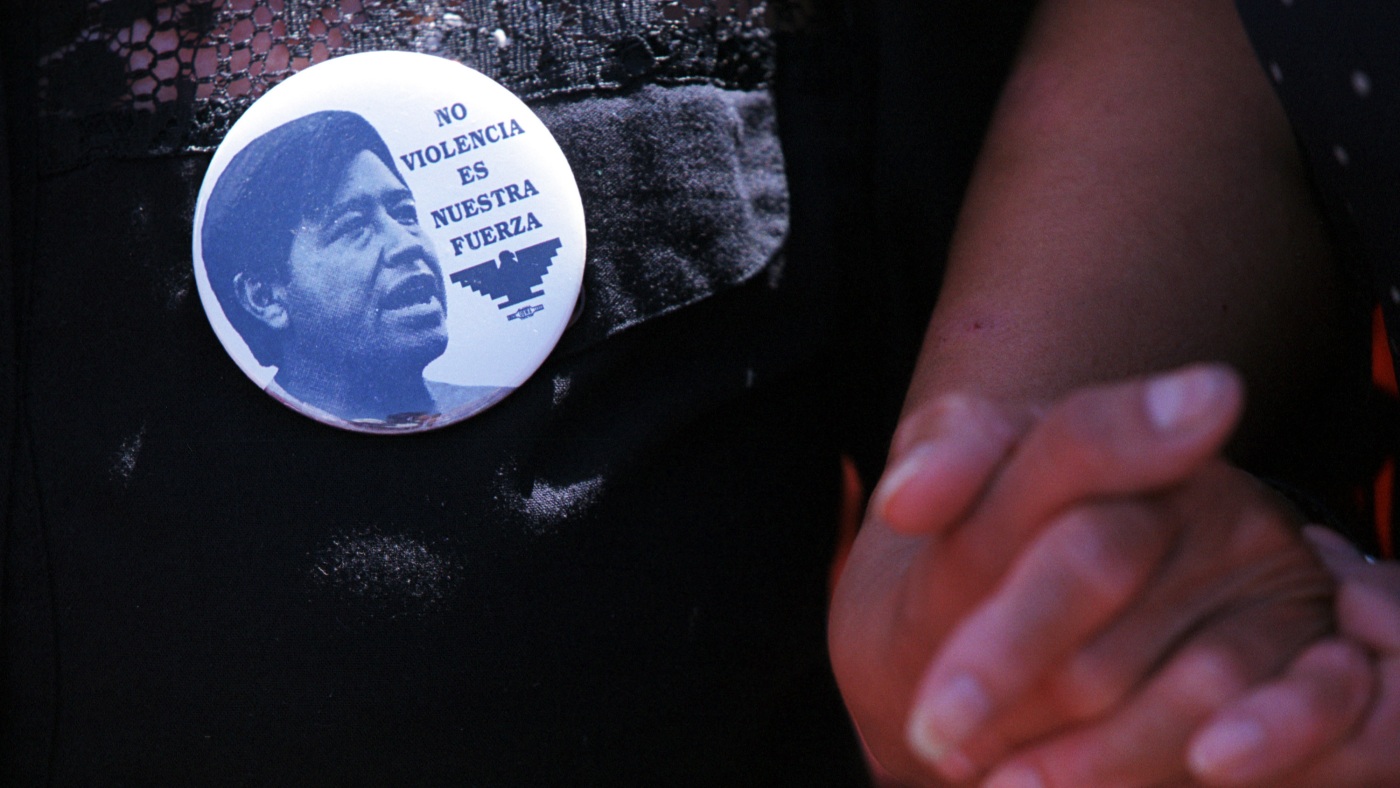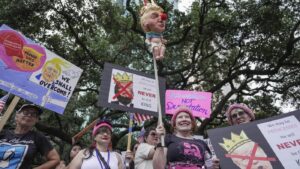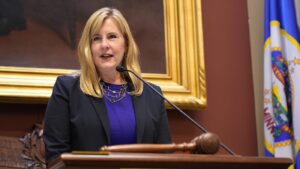Celebrating Cesar Chavez: A Legacy of Nonviolent Advocacy for Farm Workers
As March draws to a close, communities across the nation honor Cesar Chavez, a pivotal figure in the fight for farm workers’ rights. His relentless advocacy brought attention to the harsh realities faced by those in the agriculture industry, inspiring change through nonviolent means.
In 2014, President Barack Obama officially recognized March 31 as a holiday to commemorate Chavez’s contributions. This day is observed in several states, such as California, where Chavez’s activism first took root (source).
Born on March 31, 1927, in Yuma, Arizona, Chavez grew up in a family of Mexican-born farmers. The Great Depression led to the loss of their farm, thrusting Chavez into the life of a migrant worker, where he experienced firsthand the dire conditions that prompted his lifelong mission (source).
Inspired by icons of nonviolent resistance, Chavez immersed himself in the teachings of figures like Martin Luther King Jr. and Mahatma Gandhi. After serving in the Navy, he committed to “La Causa” — a movement aimed at unionizing the immigrant labor force for equitable wages and working conditions (source).
In 1962, Chavez left a salaried job at the Community Service Organization, relocating his family to Delano, California. There, he founded the National Farm Workers Association, laying the groundwork for what would become the United Farm Workers union (source).
Chavez’s dedication saw him traveling across California to recruit members, relying on donations to sustain his efforts. His leadership was marked by initiatives such as the grape boycott and a historic 340-mile march from Delano to Sacramento. In 1968, Chavez undertook a 25-day fast, emphasizing his commitment to nonviolence.
Though weakened by the fast, his speech, read by others, articulated his core beliefs: “It is my deepest belief that only by giving our lives do we find life. I am convinced that the truest act of courage, the strongest act of manliness, is to sacrifice ourselves for others in a totally non-violent struggle for justice. To be a man is to suffer for others. God help us be men.”
Despite facing opposition, including surveillance by the FBI on suspicion of extremism (source), and threats from farm owners and police, Chavez’s impact endures. In 1994, President Bill Clinton awarded him the Medal of Freedom posthumously, cementing his legacy (source).
This article was originally written by www.npr.org






